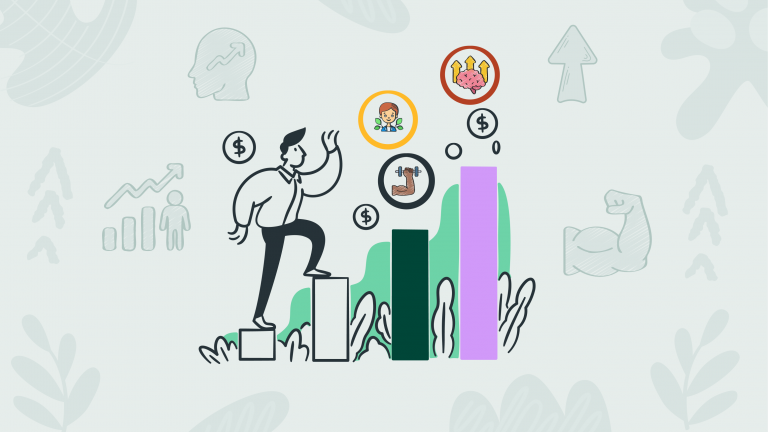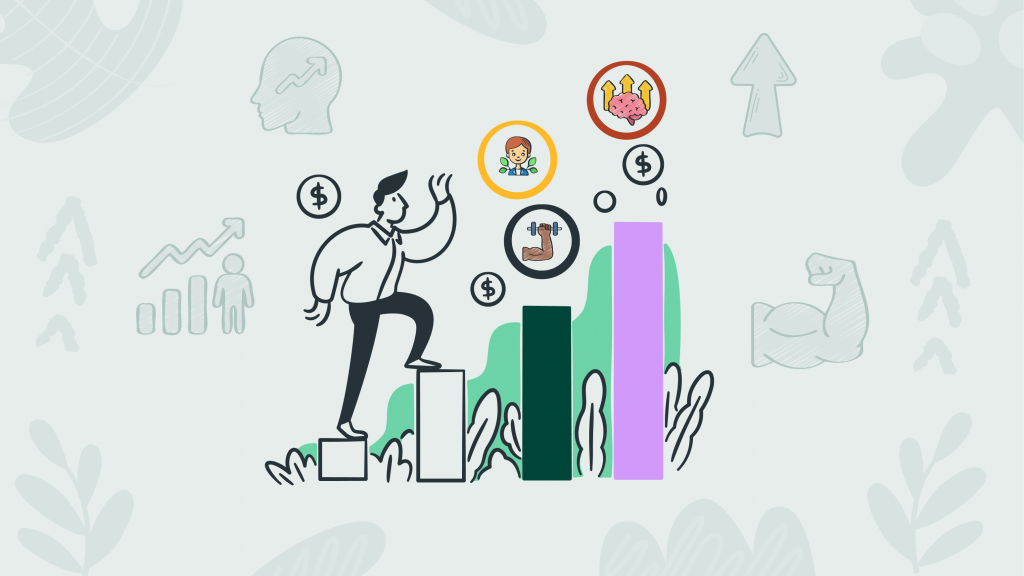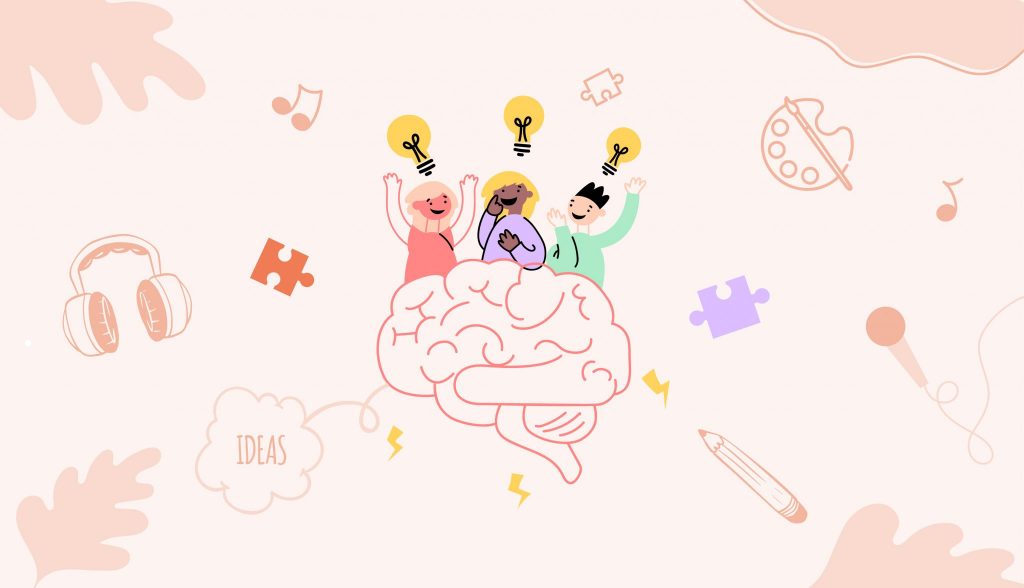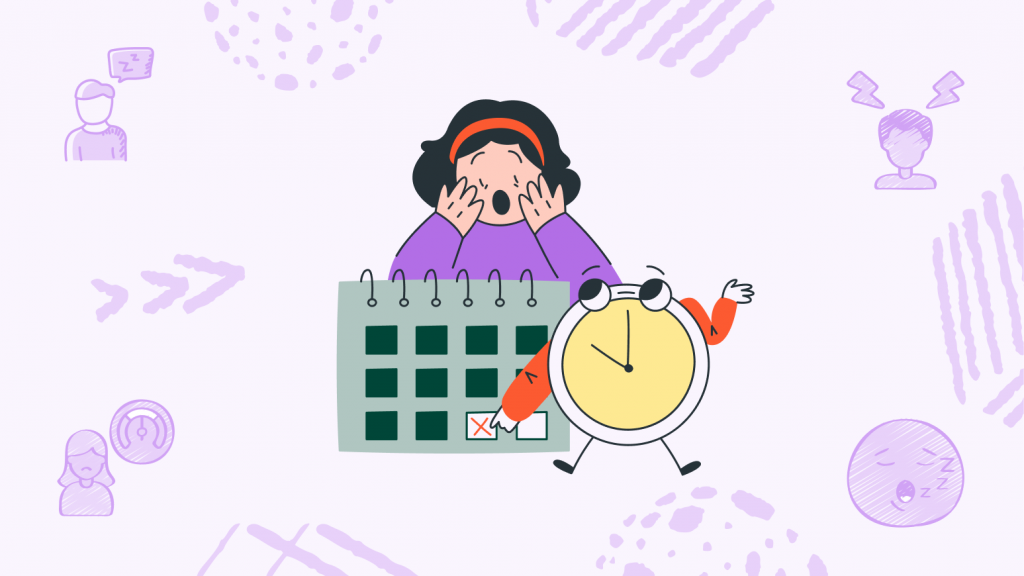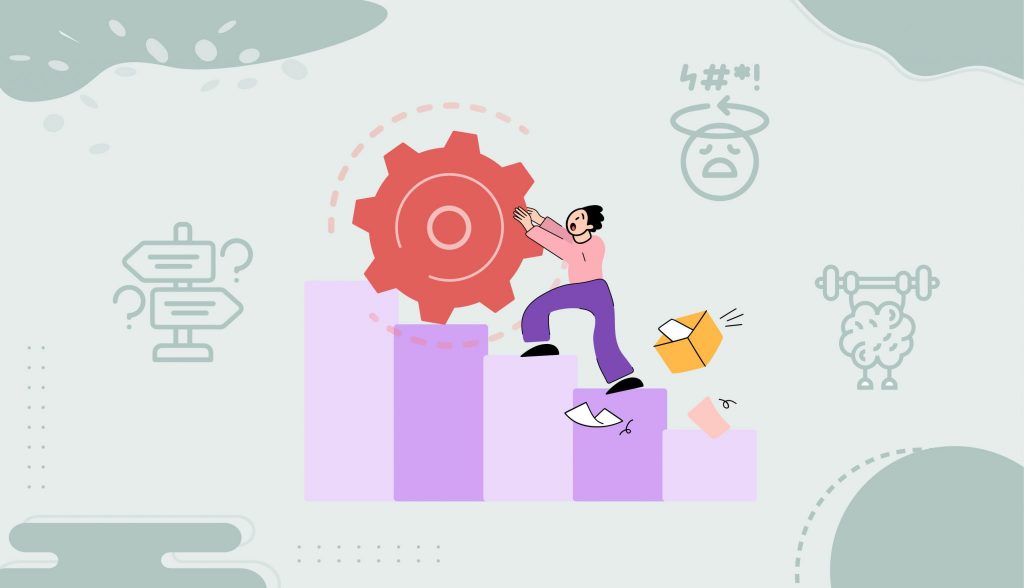The Personal Growth Conundrum
We all want to grow, to stretch beyond who we are today, reaching for a better version of ourselves. But let’s be real, it’s not a walk in the park. This journey is like navigating a maze where every turn challenges what we think we know about ourselves.
Stepping out of our comfort zones? It’s like deciding to jump into the deep end when you’ve been lounging in the kiddie pool. And then there’s the whole deal with change—exciting but scary, right?
We’re wired to stick to the devil we know, so even when we yearn for growth, there’s that nagging voice in our heads. It whispers sweet nothings of doubt and fear, tempting us to stay cocooned in our safe, familiar bubbles.
Despite charging ahead with the best of intentions, we often find ourselves tripping over these internal hurdles. Fear of striking out, that pesky self-doubt, and the oh-so-comfortable allure of our old ways—they all line up like dominoes, ready to topple our growth journey.
But hey, understanding this conundrum is the first step in turning those dominoes into stepping stones, right?
The Mechanics of Change
To understand change mechanisms, let’s consider the brain’s neurochemical landscape. Dopamine, a neurotransmitter associated with pleasure and reward, heavily influences our decision-making processes. When we engage in familiar activities, dopamine reinforces the sense of satisfaction and safety, making the unknown less appealing.
The brain’s limbic system, particularly the amygdala, processes emotional responses and can trigger fear or anxiety in the face of change, heightening our aversion to risk.
On the flip side, engaging in new, challenging activities can activate the brain’s frontal lobes, particularly the prefrontal cortex, which is involved in planning, decision-making, and moderating social behavior. This activation is essential for higher-order cognitive functions like problem-solving and abstract thinking, which are vital for personal development.
Furthermore, the process of neuroplasticity is modulated by brain-derived neurotrophic factor (BDNF), a protein that supports the survival, development, and differentiation of neurons in the brain. Learning new skills or adapting to new situations can increase the production of BDNF, enhancing brain plasticity and facilitating the growth of new neural pathways.
However, the effort required to maintain these changes can be substantial, necessitating not only mental and emotional energy but also the physical resources to support brain health and function.
Subscribe to newsletter
Get your Gut Health Starter Guide right now.
Elevate your Tuesdays with practical, science-backed wisdom propelling you forward on your gut health journey.

Growth in Action
To truly embrace active growth and make personal development a tangible part of your life, consider integrating these strategies:
- Embrace Goal-Setting Workshops or Tools: Use workshops, apps, or planners designed for goal setting to define and track your personal and professional objectives. These tools can provide structure and motivation, helping you stay focused on your targets.
- Schedule Regular Self-Reflection Sessions: Block out time in your calendar for weekly or monthly self-reflection sessions. Use this time to assess your progress, recalibrate your goals, and reflect on your emotional and mental state. This practice can help you stay aligned with your core values and identify areas needing attention.
- Join or Form Mastermind Groups: Participate in or create a mastermind group with peers who share similar growth aspirations. These groups offer a platform for exchanging ideas, providing mutual support, and holding each other accountable to personal and professional growth goals.
- Invest in Continuous Learning: Dedicate time and resources to take courses, attend workshops, or engage in activities that contribute to your skillset and knowledge base. Prioritize learning that not only enhances your professional competencies but also enriches your personal life.
- Practice Mindset Shift Exercises: Engage in activities that challenge your existing beliefs and perspectives. This could involve taking up a new hobby, traveling to unfamiliar places, or simply changing your routine. These experiences can help shift your mindset, fostering adaptability and openness to new ideas.
- Utilize Feedback Mechanisms: Implement regular feedback sessions with mentors, coaches, or trusted colleagues to gain insights into your performance and behavior. Constructive feedback is crucial for identifying blind spots and areas for growth.
- Cultivate Resilience through Challenges: Deliberately put yourself in situations that test your limits, such as public speaking, leadership roles, or complex projects. These challenges can strengthen your resilience, problem-solving skills, and ability to handle stress.
By actively engaging in these practices, you can create a dynamic and effective personal growth plan, leading to meaningful and sustained self-improvement and fulfillment.
Transformation Tale
Meet Jordan, a software developer who felt stuck in the monotony of his daily routine, both professionally and personally. Despite his successful career, Jordan felt something was missing—a sense of purpose and excitement.
He embarked on a personal growth journey, setting goals to expand his technical skills and cultivate new hobbies outside of work. Jordan dedicated early mornings to learning new programming languages and evenings to exploring photography, a long-neglected passion.
Jordan shares, “A couple of years ago, I realized I was just coasting through life. Work was fine, but it didn’t excite me anymore. I had no hobbies to speak of, and each day felt like a repeat of the one before. I decided to change that. I started setting small, daily goals for both skills development and personal interests. It was tough at first; the early mornings and structured days seemed daunting.
But as I progressed, I noticed a shift. I was more engaged at work, bringing in fresh ideas from the new technologies I was learning. Photography rekindled a creative spark I thought I’d lost, giving me a new perspective on the world around me.
This journey of self-improvement has been incredibly rewarding. I’ve not only advanced in my career but have also discovered a fulfilling hobby that brings balance to my life. The sense of achievement and the newfound joy in daily activities have been the real game-changers for me.”













